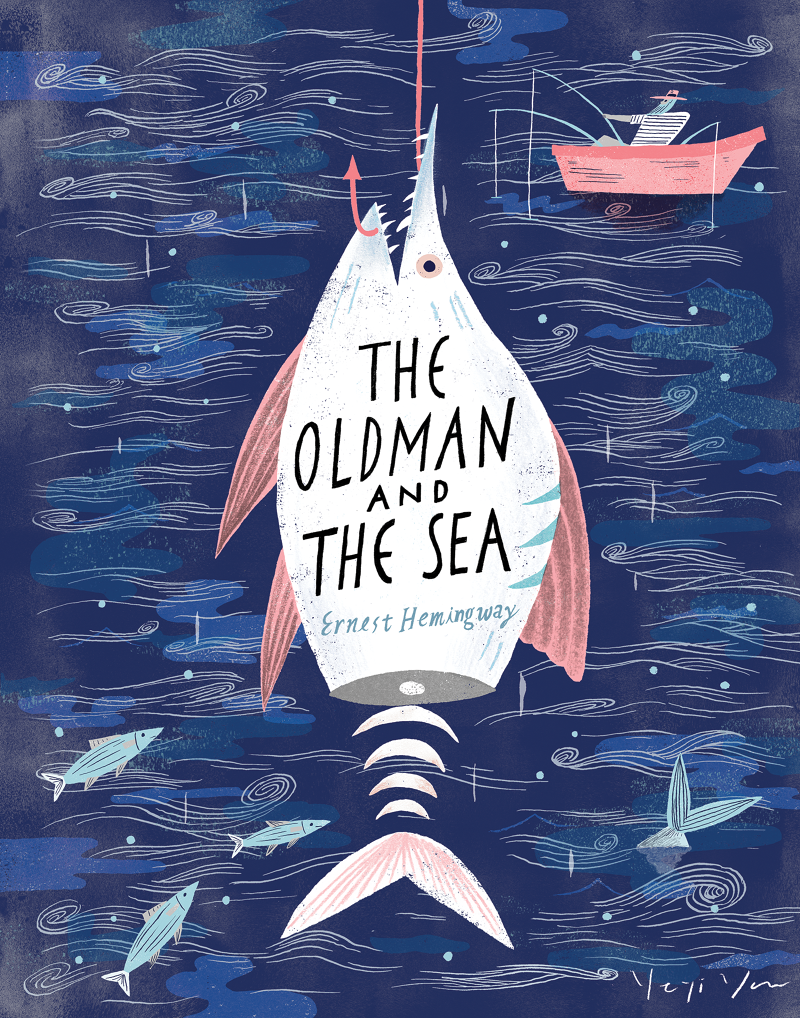Fiction has always been the escape people go to as a hobby. Through novels, readers can become different personalities, embody various desires, and discover something new about the characters they read and themselves in the process. While there are several genres in fiction, no other genre sends the reader to wild adventures more than fantasy does. Fantasy novels introduce readers to new worlds, unique characters, and plots that are often symbolic of real-world strife. If you haven’t had the chance to read fantasy before, here is a quick guide to fantasy novels everyone should read. John Eilerman St. Louis.
 |
Image source:
softwaretestinghelp.com |
The Lord of the Rings series by J. R.R. Tolkien
Considered as the greatest fantasy masterpiece ever written, The Lord of the Rings series is a masterful collection of fantasy novels set in Middle Earth. Its cast of characters consists of fantasy staples such as humans, dwarves, elves, hobbits, as well as supernatural elements like orcs, ents, ogres, goblins, ghosts, and a plethora of monsters. The main story revolves around Frodo Baggins and his quest to destroy a magical ring. John Eilerman St. Louis.
Harry Potter series by J.K. Rowling
One of the most successful modern fantasy novels, the Harry Potter series tells the tale of a young boy who discovers his magical capabilities. It chronicles his education at Hogwarts School of Wizardry and Witchcraft as well as the trials he faces as a murderous wizard seeks revenge. What makes the Harry Potter series especially endearing to its audiences is that it also a coming-of-age story. John Eilerman St. Louis.
 |
Image source:
nytimes.com |
The Chronicles of Narnia by C.S. Lewis
An epic fantasy series that emphasizes child-like imagination, The Chronicles of Narnia tells the story of siblings escaping World War 1 and finding themselves in the middle of another war in a fantasy world behind a cabinet in their home. The Chronicles of Narnia is also known to be filled with Christian symbolisms embedded into the narrative.
John Eilerman St. Louis






































